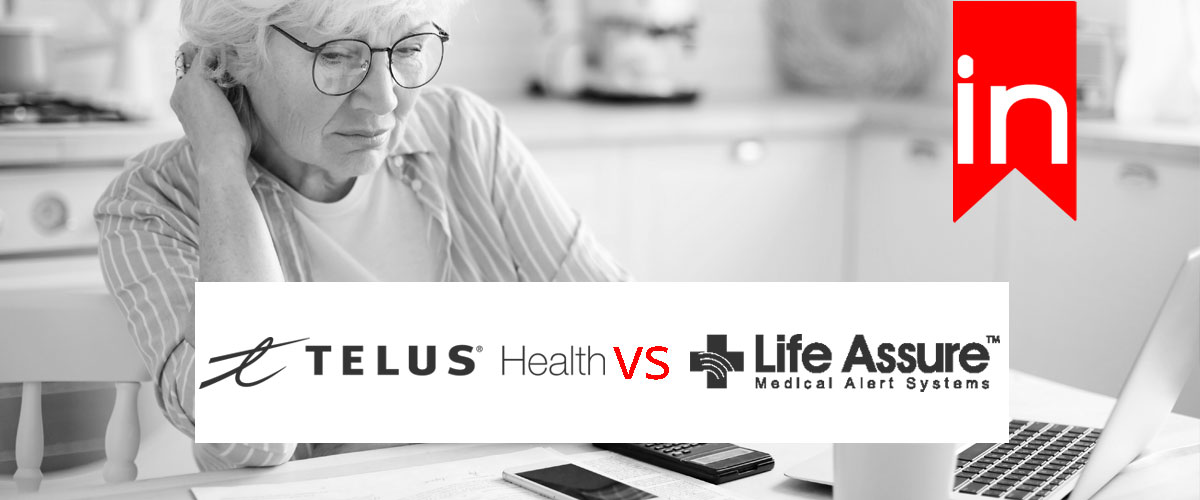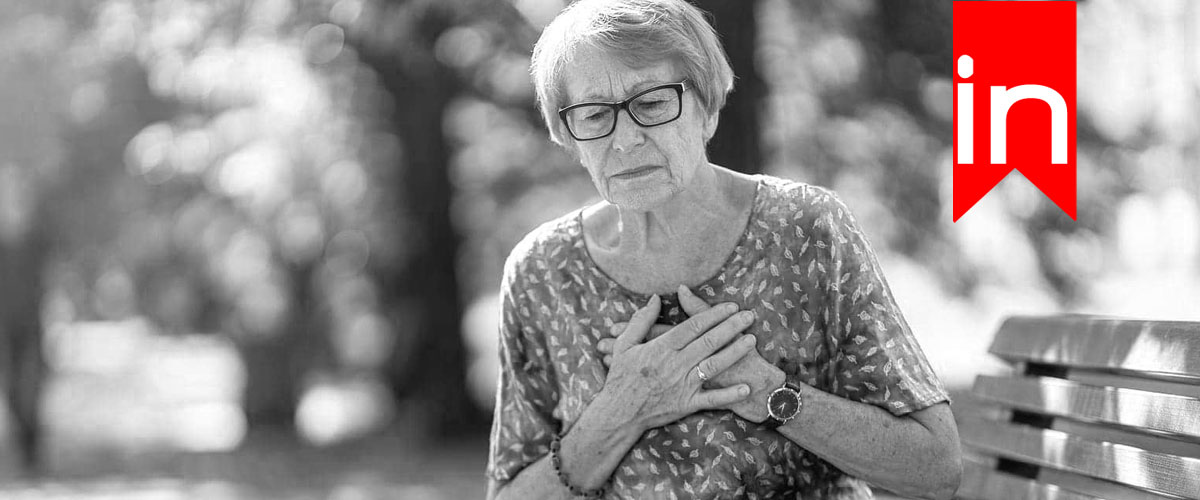Caring for older seniors and elderly parents can be a challenging task, both physically and emotionally. It requires patience, dedication, and a lot of hard work. As people age, they may require more help with daily tasks, such as bathing, eating, and taking medication. It can be difficult to balance your own life and responsibilities while also providing care for an aging loved one.
Fortunately, there are many tips and strategies that can help make caring for older seniors and elderly parents more manageable. These tips can range from simple daily tasks, such as creating a routine and setting reminders for medication, to more complex decisions, such as choosing a care facility or hiring a caregiver. It is important to consider the unique needs and preferences of the individual being cared for and to seek out resources and support when needed.
Whether you are a family member, friend, or caregiver, caring for older seniors and elderly parents is an important responsibility. By taking the time to educate yourself and implement effective strategies, you can provide the best possible care for your loved one while also maintaining your own well-being.
Highlights
- Caring for the elderly involves balancing caregiving with personal life, creating care plans, and prioritizing caregiver self-care to prevent burnout and ensure effective support.
- Ensuring elderly well-being includes promoting physical activity, healthy eating, and fall prevention to enhance their quality of life and independence.
- Stress management for caregivers requires exercise, breaks, seeking support, and utilizing resources like respite care, emphasizing the importance of caregiver and elderly emotional well-being.
The Importance of Elderly Care
Caring for elderly parents or seniors is a crucial responsibility that adult children and family members must undertake. As people age, they become more vulnerable to chronic conditions, cognitive decline, falls, and heart disease, among other issues. Therefore, elderly care is essential to ensure that seniors maintain their independence, health, and quality of life.
Elderly care also involves emotional support, as seniors may experience depression, anxiety, and loneliness. Family caregivers must be patient, compassionate, and understanding while providing care to seniors. Communication is also crucial in elderly care, as it helps caregivers understand the seniors’ needs and preferences.
Common Challenges in Elderly Care
Elderly care comes with several challenges that caregivers must overcome. One of the most significant challenges is balancing the responsibility of caregiving with other tasks, such as work, appointments, and finances. Caregivers must find solutions to balance their responsibilities while providing quality care to seniors.
Another challenge in elderly care is dealing with chronic conditions, such as dementia and heart disease. Caregivers must work closely with doctors and health care professionals to manage these conditions effectively. They must also ensure that seniors engage in regular exercise and maintain a healthy diet to prevent cognitive decline and other health issues.
Finally, family caregivers must also manage their emotional well-being while providing care to seniors. They must seek resources and support to prevent burnout and maintain their mental health.
In conclusion, elderly care is a crucial responsibility that requires patience, compassion, and understanding. Caregivers must be proactive in managing the challenges that come with caregiving and seek resources and support to provide quality care to seniors.
Caring for Elderly Parents
Caring for elderly parents can be challenging, but it is also a rewarding experience. It is important to create a care plan that addresses their unique needs and preferences. This section will cover some tips on how to care for elderly parents, including creating a care plan, personal care, healthcare professionals, medications and health problems, in-home care, and nursing homes.
Creating a Care Plan
Creating a care plan is an essential first step in caring for elderly parents. It involves assessing their needs and preferences, and developing a plan that addresses them. The plan should include information on their medical history, medications, and any health problems they may have. It should also include information on their daily routine, such as their diet, exercise routine, and any activities they enjoy.
Personal Care
Personal care is an important aspect of caring for elderly parents. This includes helping them with daily tasks such as bathing, dressing, and grooming. It is important to be patient and understanding when providing personal care, as it can be a sensitive and personal matter.
Healthcare Professionals
Healthcare professionals can provide valuable support when caring for elderly parents. This includes doctors, nurses, and other healthcare providers who can provide medical care and advice. It is important to communicate with healthcare professionals regularly and attend all appointments with elderly parents.
Medications and Health Problems
Elderly parents may have multiple health problems and take several medications. It is important to keep track of their medications and ensure they are taken as prescribed. It is also important to be aware of any potential side effects or interactions between medications. If elderly parents have any health problems, it is important to seek medical advice and treatment promptly.
In-Home Care and Nursing Homes
In-home care and nursing homes are options for elderly parents who require additional support. In-home care can provide support with daily tasks such as cooking, cleaning, and running errands. Nursing homes provide round-the-clock care and support for elderly parents who require more intensive care.
Caring for elderly parents can be challenging, but it is also a rewarding experience. It is important to be patient, understanding, and compassionate when providing care. There are many resources available to help with caregiving, including healthcare professionals, family caregivers, and community resources. By working together and providing support, elderly parents can maintain their independence and quality of life.
Managing Stress and Emotional Support
Caring for aging parents and seniors can be a stressful and emotionally challenging task. It is essential to manage stress and seek emotional support to ensure that caregivers can provide the best care possible. This section will discuss stress management and emotional support tips for caregivers.
Stress Management
Caregiving can be a demanding and stressful job, and it is critical to manage stress effectively. Here are some stress management tips for caregivers:
- Exercise regularly: Exercise can help reduce stress and improve overall health. Caregivers can engage in physical activities such as walking, yoga, or swimming to manage stress.
- Take breaks: Caregivers should take regular breaks to avoid burnout. They can take a short walk, read a book, or engage in a hobby to relax and recharge.
- Seek help: Caregivers should not hesitate to seek help from family members, friends, or health care professionals. They can also join support groups to connect with other caregivers and share their experiences.
- Communicate effectively: Caregivers should communicate their needs and concerns to family members and health care professionals. Effective communication can help reduce stress and improve caregiving outcomes.
Emotional Support
Emotional support is crucial for caregivers to manage stress and provide quality care. Here are some emotional support tips for caregivers:
- Be patient: Caregiving can be emotionally challenging, and caregivers should be patient with themselves and their loved ones. They should avoid being too hard on themselves and seek help when needed.
- Connect with others: Caregivers can connect with family members, friends, or support groups to receive emotional support. They can also seek professional counseling to manage anxiety, depression, or other emotional issues.
- Provide independence: Caregivers should provide their loved ones with as much independence as possible. They can encourage them to engage in activities they enjoy and support their decision-making process.
- Access resources: Caregivers can access resources such as respite care, home health care, or adult day care to manage stress and provide quality care.
In conclusion, managing stress and seeking emotional support are essential for caregivers to provide quality care for aging parents and seniors. Caregivers should prioritize their physical and emotional well-being and seek help when needed.
Maintaining Health and Well-being
Caring for older seniors and elderly parents can be a challenging task, but it is essential to ensure that their health and well-being are maintained. Here are some tips to maintain their health and well-being:
Exercise and Physical Activity
Regular exercise is crucial for older seniors and elderly parents. It helps to maintain their physical and mental health and reduces the risk of chronic diseases. Caregivers should encourage them to engage in physical activities that are appropriate for their age and health condition.
Some examples of physical activities that are suitable for older adults include walking, swimming, yoga, and strength training. Caregivers should also ensure that they have the necessary equipment and support to engage in physical activities safely.
Nutrition and Hydration
Proper nutrition and hydration are essential for older seniors and elderly parents. Caregivers should ensure that they have a balanced and healthy diet that meets their nutritional needs. They should also encourage them to drink plenty of water to stay hydrated.
Some tips for maintaining a healthy diet include eating more fruits and vegetables, reducing the intake of processed and high-fat foods, and limiting the consumption of alcohol and caffeine.
Preventing Falls
Falls are a significant risk for older seniors and elderly parents, and caregivers should take steps to preventing falls. Caregivers should ensure that their living environment is safe and free from hazards that could cause falls, such as loose rugs or cluttered walkways. It is also a good idea to have a medical alert system for elderly parents to ensure that they have immediate assistance in case of a medical emergency.
They should also encourage them to wear appropriate footwear, use assistive devices such as canes or walkers, and engage in exercises that improve balance and flexibility.
In conclusion, maintaining the health and well-being of older seniors and elderly parents is crucial for their overall quality of life. Caregivers should ensure that they encourage them to engage in physical activities, maintain a healthy diet, and take steps to prevent falls. By doing so, they can help them to maintain their independence and enjoy a better quality of life.



1 thought on “Caring for Older Seniors: Tips for Elderly Parent Care”